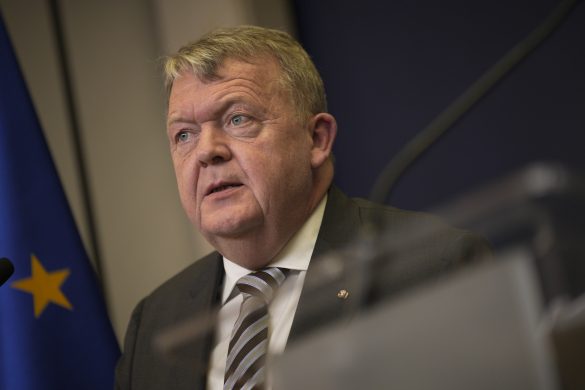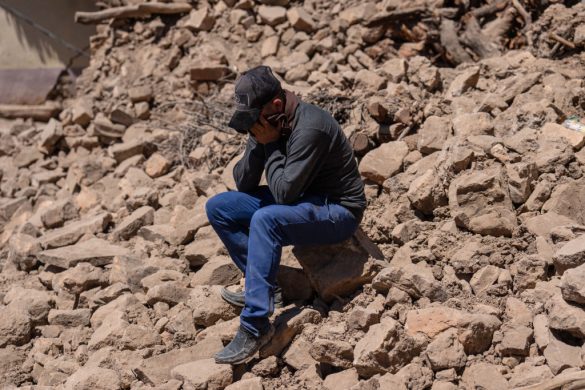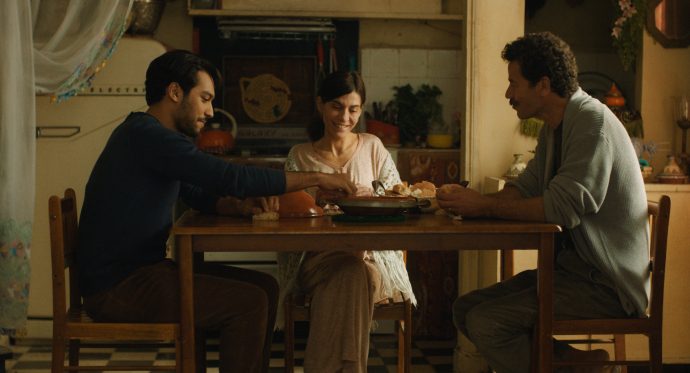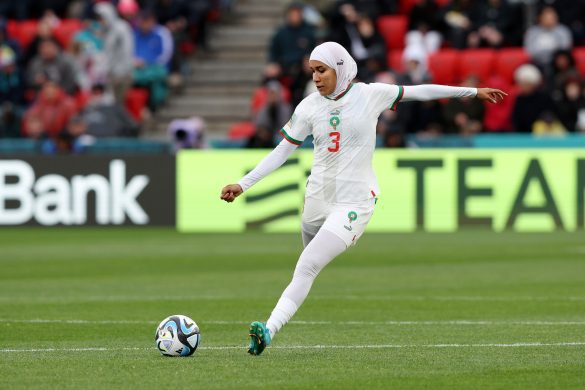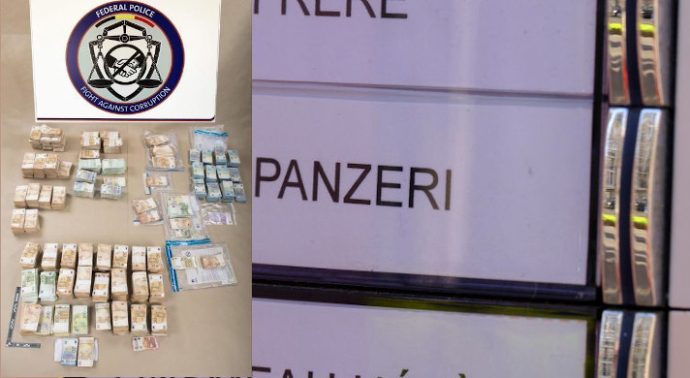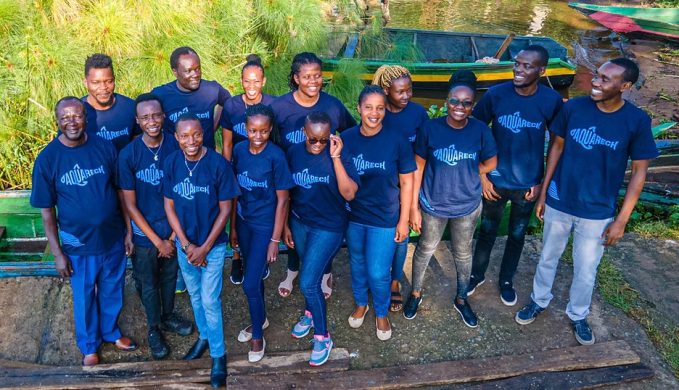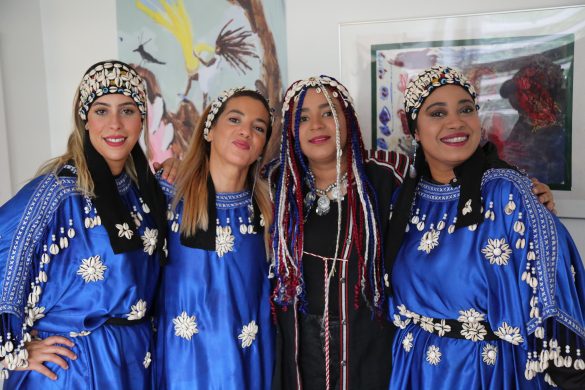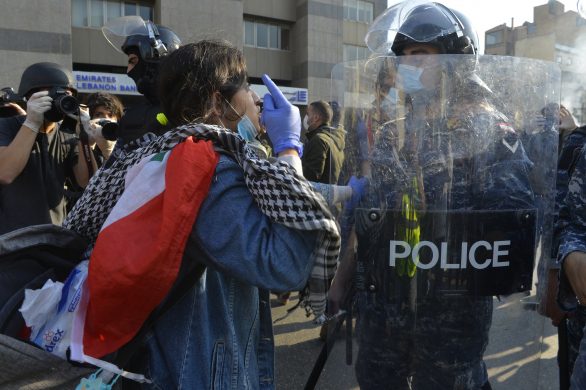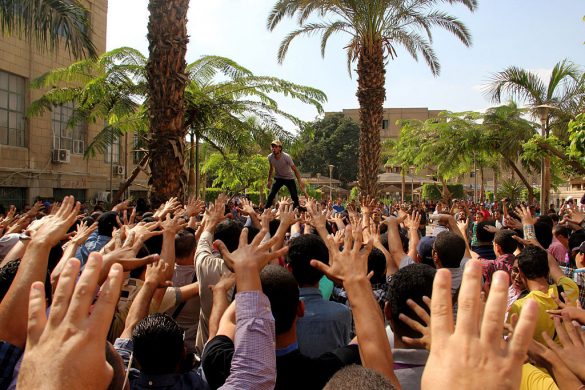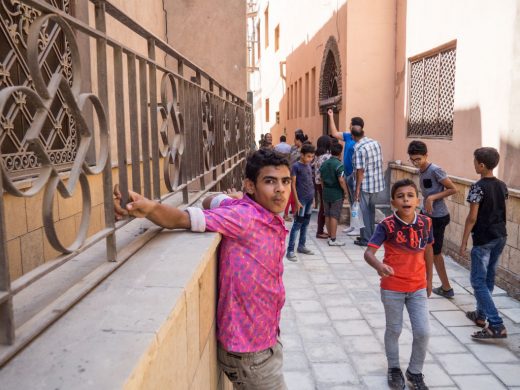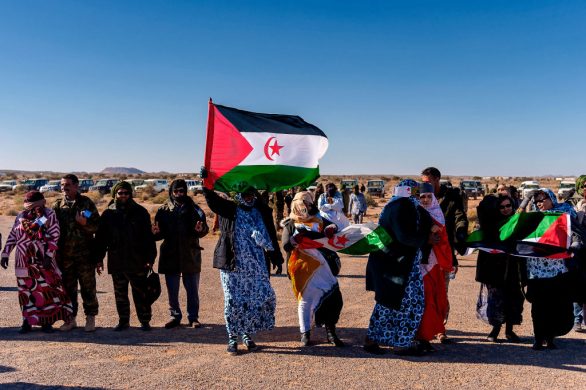Earlier this year Morocco regained its membership of the African Union (AU), and more recently also joined regional organisation the Economic Community of West African States (ECOWAS). According to NAI (Nordiska Afrikainstitutet) head of research Victor Adetula, this clearly shows a shift in Moroccan policy and demonstrates a wish to break its long isolation in Africa.
In 1984, Morocco left the AU when the majority of other member states voted in favour that Morocco was illegally occupying Western Sahara. For 33 years Morocco was the only African country that was not a member of the AU. Therefore, it was far from obvious that Morocco this year would be allowed to rejoin the AU. However, King Mohammed VI had travelled around the continent for meetings with several heads of state and made sure that Morocco increased its investment in many African countries. To Adetula, it demonstrates a shift in policy and approach to Africa – and after successfully rejoining the AU, Morocco wanted to ride the wave to also join ECOWAS.
Why ECOWAS, an organization of West African states none of which shares a border with Morocco?
“It doesn’t matter where a country is on the map, regionalisation is not about geography. It is about economic and political needs and interests. In addition, ECOWAS is by far the best-functioning regional organization in Africa”, Adetula states.
Break isolation
He also points out that Morocco wants to break its long isolation and increase its visibility in both Africa and Europe. With membership of ECOWAS, Morocco consolidates its seat in the AU and gets international attention.
Moreover, North Africa does not have a regional forum for cooperation that is working properly. This might have been the reason for Tunisia also to apply for ECOWAS membership, as an observer, and Mauritania’s wish to rejoin after withdrawing in 2000.
Peace-building
On their part, the member states of ECOWAS may have an interest in admitting North African countries, according to Adetula, because many conflicts in West Africa have links to the north. Known for its capacity to deal with conflicts and peace-building, ECOWAS might play this role in North Africa also.
“They have been dragging their feet in terms of democracy and human rights. Perhaps ECOWAS can push things forward. In general, there has been a power vacuum since the fall of Muammar Gaddafi. He was the North African link to the rest of Africa and Gaddafi had a vision for a unified continent. It seems that Morocco aspires to take over his legacy”, Adetula says.
Some 85 percent of Morocco’s foreign investments are in other African countries. Together with Nigeria, the dominant force in ECOWAS, Morocco has major projects in agriculture and gas exploration. However, some are suspicious of Morocco’s change of direction.
“Western Sahara remains controversial. Morocco has clearly shown it is not willing to let go of the occupied areas. Memberships in AU and ECOWAS could be a way of making new friends in Africa and eventually remove support for the Polisario liberation movement”, Adetula concludes.



